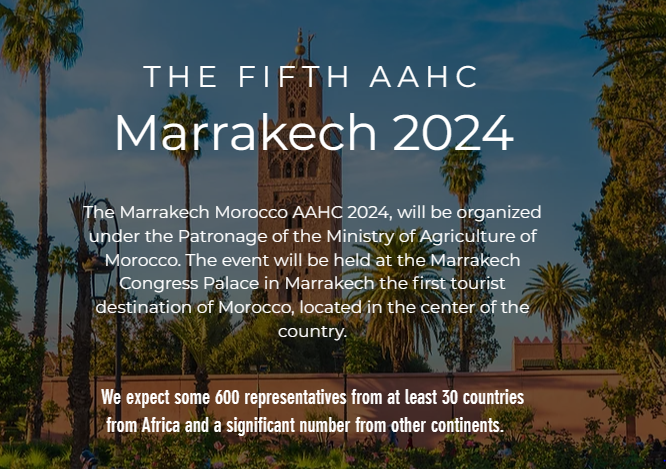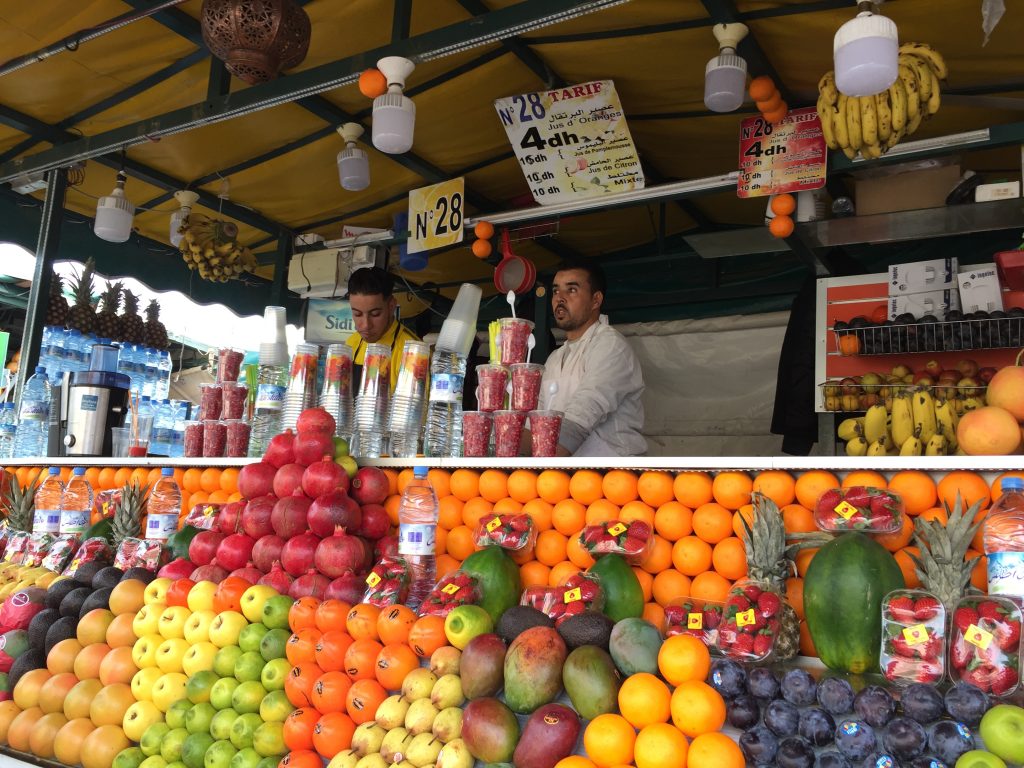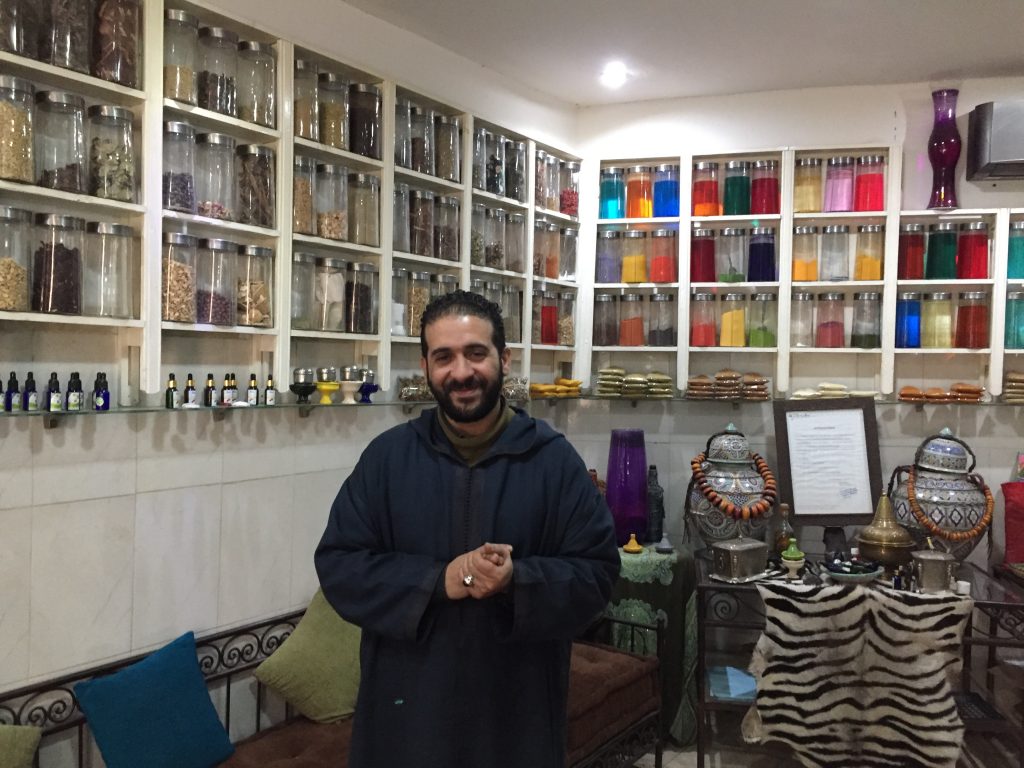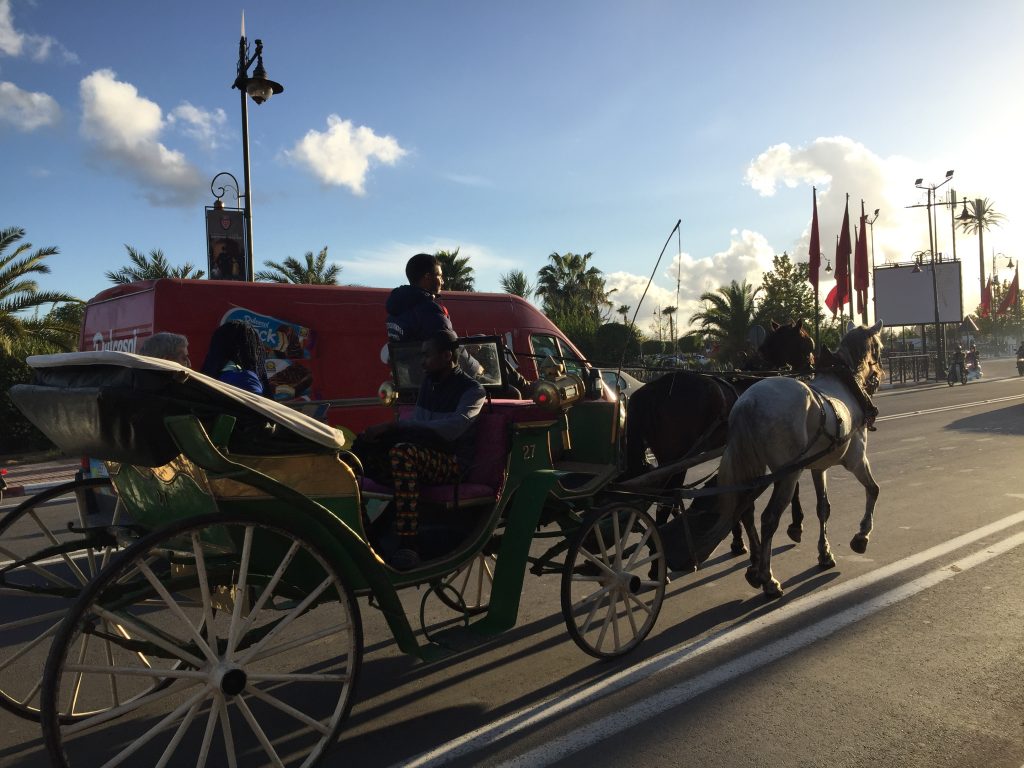Morocco will host the 5th All Africa Horticulture Congress in February 2024
Morocco will host the 5th All Africa Horticulture Congress in February 2024
By Houmi AHAMED-MIKIDACHE
Morocco will host the 5th All Africa Horticulture Congress (AAHC) in Marrakech from 26 February to 1 March 2024. With the theme “ Unlocking the potential of a resilient Horticulture”, the fifth AAHC aims to discuss and promote the potential of African Horticulture. Next year, professionals of horticulture, researchers, young scientists, and entrepreneurs will have the possibility to share their reserarch results, experiences and latest innovations. This Congress is being portrayed as an opportunity to consolidate and expand a network of technical cooperation between professionals of horticulture throughout Africa and the rest of the World.
Facing climate change

The organizers of the event held this time in Northern Africa, Morroco, take into account that in recent years, the horticultural sector in Africa has been facing several constraints and worldwide challenges, such as climate change, especially low precipitations and water shortage for irrigation, heat stress and scarcity of investment and funding of new development projects, outbreaks of new pests and diseases, pandemics such as Covid-19.

In Morocco, the organizers note, Agriculture contributes, on average, 13% to Morocco’s GDP and employs about 40% of the nation’s workforce. The country has several agroclimatic regions including Mediterranean in the North, semi-arid in the Middle and arid-to-desert in the South with somewhat mild/cold in the higher altitudes and, thus, produces a great diversity of agricultural products including horticultural crops such as fruits, vegetables, medicinal and aromatic species, flowers, and ornamental plants. Production is mostly in open field but crops such as tomatoes, pepper, berries, banana, and flowers are also produced under plastic-covered greenhouses. Most of the production is for the domestic market but a significant percentage, particularly fruits, vegetables and flowers go to export markets including Africa, Europe, and North America. Operators of the sector are all private. Many small-scale growers are organized in cooperatives and associations to ease their production, marketing and export.

Developing Horticulture in Africa is, according to the organizing committee, one of the main tools that can help ensure food security by increasing agricultural productivity and improve the competitiveness of its products. It can also strengthen its contribution to the overall wellbeing of the population, improve dietary and nutritional behavior, create wealth, alleviate hunger, and reduce dependency on food imports. One reason for the organization of such an event is the high contribution ot the African rural populations to agricultural production which in turn contributes to nutrition, food security and socio-economic development of these populations.

Previously, the All-Africa Horticultural Congress took place in Kenya in 2009 for Eastern Africa, South Africa in 2012 for Southern Africa and Senegal in 2020 for Western Africa. The All-Africa Horticultural Congress (AAHC) is organized every four years in the fields of Horticulture in Africa under the auspices of the International Society for Horticultural Science (ISHS) which is the largest global horticulture network comprising over 6,000 members. The International Society for Horticultural Science (ISHS) aims indeed to promote and foster research and education in horticultural science, support industry and to facilitate cooperation and knowledge transfer on a global scale through events and publications.
Share this content:







